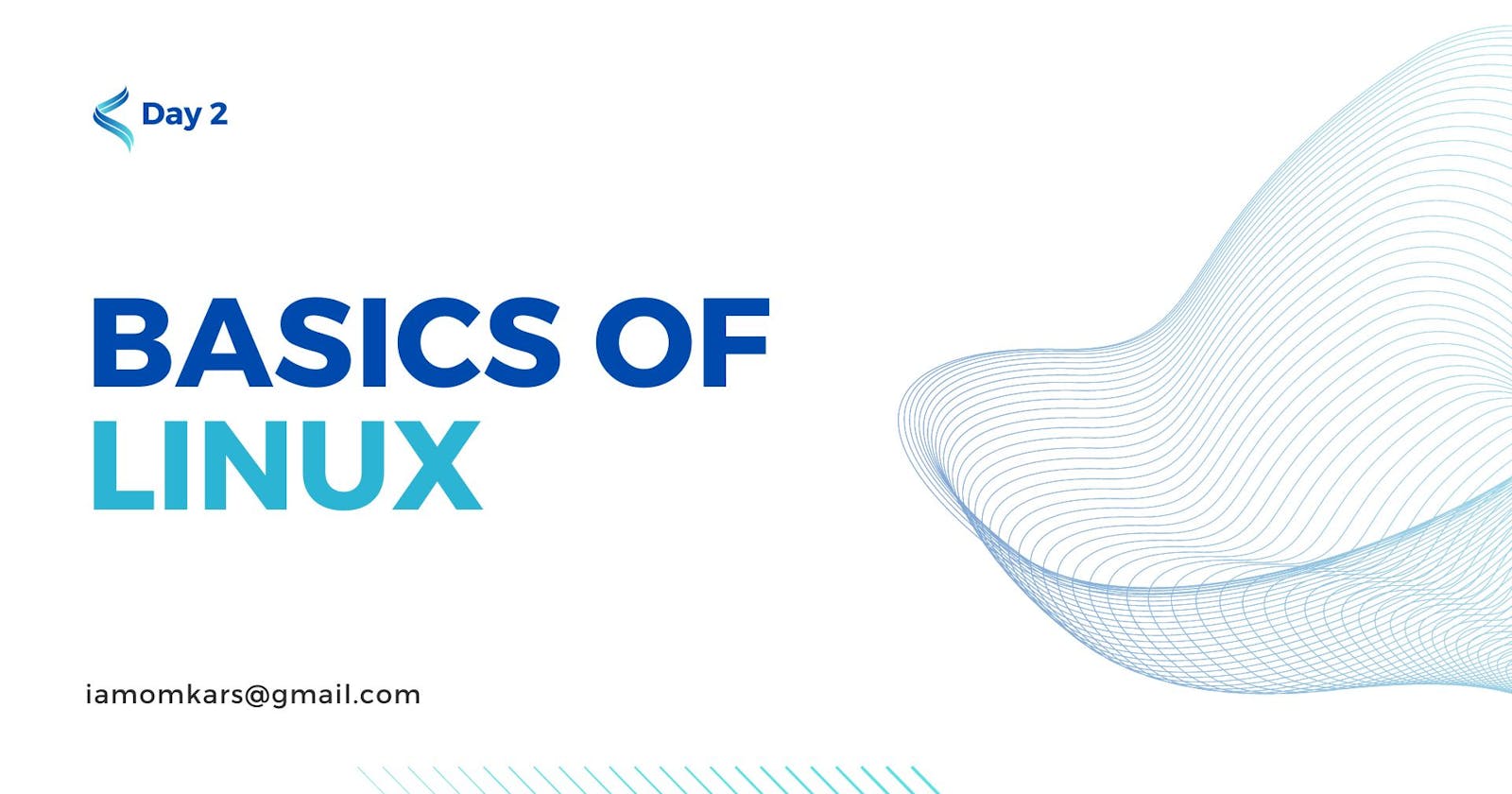🔹 Open Source Freedom: Linux is an open-source operating system, meaning it's not controlled by a single company. It's developed by a vast community of passionate individuals worldwide. This fosters innovation and flexibility, empowering you to customize your system to fit your unique needs.
🔹 Stability and Security: Linux is renowned for its stability and security. Its robust architecture ensures fewer crashes and vulnerabilities, making it a preferred choice for mission-critical systems and servers. When you're serious about safeguarding your digital world, Linux has your back.
🔹 Cost-Efficiency: Linux is free! You can download, install, and use it without incurring licensing costs. This is a game-changer for startups, students, and businesses looking to cut down on expenses without sacrificing quality.
🔹 Versatility: Linux is incredibly versatile. From servers and embedded systems to smartphones (Android) and even your smart fridge, Linux is everywhere! Learning Linux means you're adaptable and ready to tackle a wide range of tech challenges.
🔹 Skills for the Future: If you're considering a career in technology, Linux is a must-learn. Many companies demand Linux proficiency, and it's a gateway to in-demand job roles like DevOps, system administration, and cybersecurity.
In a world dominated by Windows and macOS, understanding Linux can set you apart. It's more than just an operating system; it's a philosophy of collaboration, customization, and control over your digital world. 🌍
🐧 LINUX COMMAND 💻
📂 Navigate through Directories:
cd: Change directory, to move to a different folder.ls: List files and directories in the current folder.
📄 Work with Files:
touch: Create an empty file.cp: Copy files or directories.mv: Move or rename files or directories.rm: Remove files or directories.
🗃️ Manage Directories:
mkdir: Create a new directory.rmdir: Remove an empty directory.
🔍 Search for Information:
grep: Search for a specific pattern in files.find: Search for files and directories based on various criteria.
📊 Check System Information:
uname: Display system information.df: Show disk space usage.free: Display memory usage.
⚙️ Manage Processes:
ps: List running processes.kill: Terminate a running process.
📁 Compress and Archive Files:
tar: Create or extract tar archives.gzip: Compress files using gzip compression.
🔄 Control System Services:
systemctl: Control system services, like starting or stopping them.
🚀 Network-related Commands:
ping: Check network connectivity to a specific host.ifconfigorip: Display network interface information.
🚧 Administrative Tasks:
sudo: Execute commands with administrative privileges.
Happy learning
- Omkar Shirolkar
